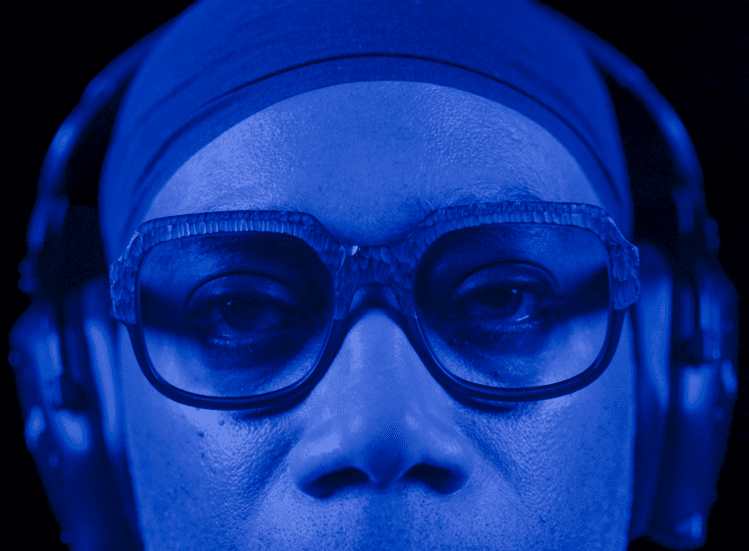
Widely regarded as one of the key figures and champions of the Detroit EDM scene, Carl Craig is both a jet-setting DJ and a hometown hero. Writer/director Jean-Cosme Delaloye shines a light on his life and career in this insightful documentary filled with Craig’s music.
Buy Carl Craig – Versus CDBuilding off the Detroit techno foundation created by Kevin Saunderson, Derrick May, and Juan Atkins, Craig launched his innovative music productions in 1989 and remains active today. Delaloye incorporates performance footage to show the scope of Craig’s impact on the EDM world, following him on DJ gigs in places such as LA, Montreux, Berlin, New York, and multiple appearances in Detroit. He also utilizes many interviews with Craig’s industry friends and family members, including influential UK DJ Gilles Peterson, drum and bass titan Roni Size, and Craig’s parents. Those parents almost steal the show, displaying their deep affection for their son even though he didn’t follow the professional college education path they had laid out for him.
After more than three decades in the game, Craig may be slowing down, but he’s far from done. He discusses his ongoing difficulties with tinnitus, but makes it clear that it originated from his childhood spent blasting rock music on headphones, not his decades in the clubs. He’s still excited about the possibilities of electronic dance music, and his tracks display a restless innovator always in search of new approaches, more like his improvisational music idol Miles Davis than a typical knob-twirler. Take one of his most well-known songs, “A Wonderful Life (Version)”, for example, focused more on building an amazing layered melody and downtempo rhythm than blasting standard four-on-the-floor techno drum loops.
Delaloye’s film structure is somewhat scattered, bouncing around from gig to gig without any clear gameplan. We see some archival performance footage, especially from Craig’s role as co-creator of the Detroit Electronic Music Festival in 2000, but most clips seem to be from recent engagements. Interviews and Craig’s own observations are interspersed without warning, with Delaloye deploying them as intermediary soundbites rather than parsing them into a narrative. This is in no way a concert film, with performance clips generally lasting mere seconds, not minutes, but Craig’s music floats around in the soundtrack background throughout the film, offering a robust picture of his sonic output.
Carl Craig is a fascinating subject for a documentary, and Delaloye does a fine job of capturing his multifaceted life. The scattershot editing of the film reflects Craig’s own improvisational approach to art and wide-ranging travels, with Detroit serving as the principal stabilizing factor as it remains his homebase and the only recurring location in the film. As EDM matures, we’ve reached the point where retrospectives can actually incorporate entire careers, and Delaloye’s film drives home the decades-long impact that one man can have on the international music scene.